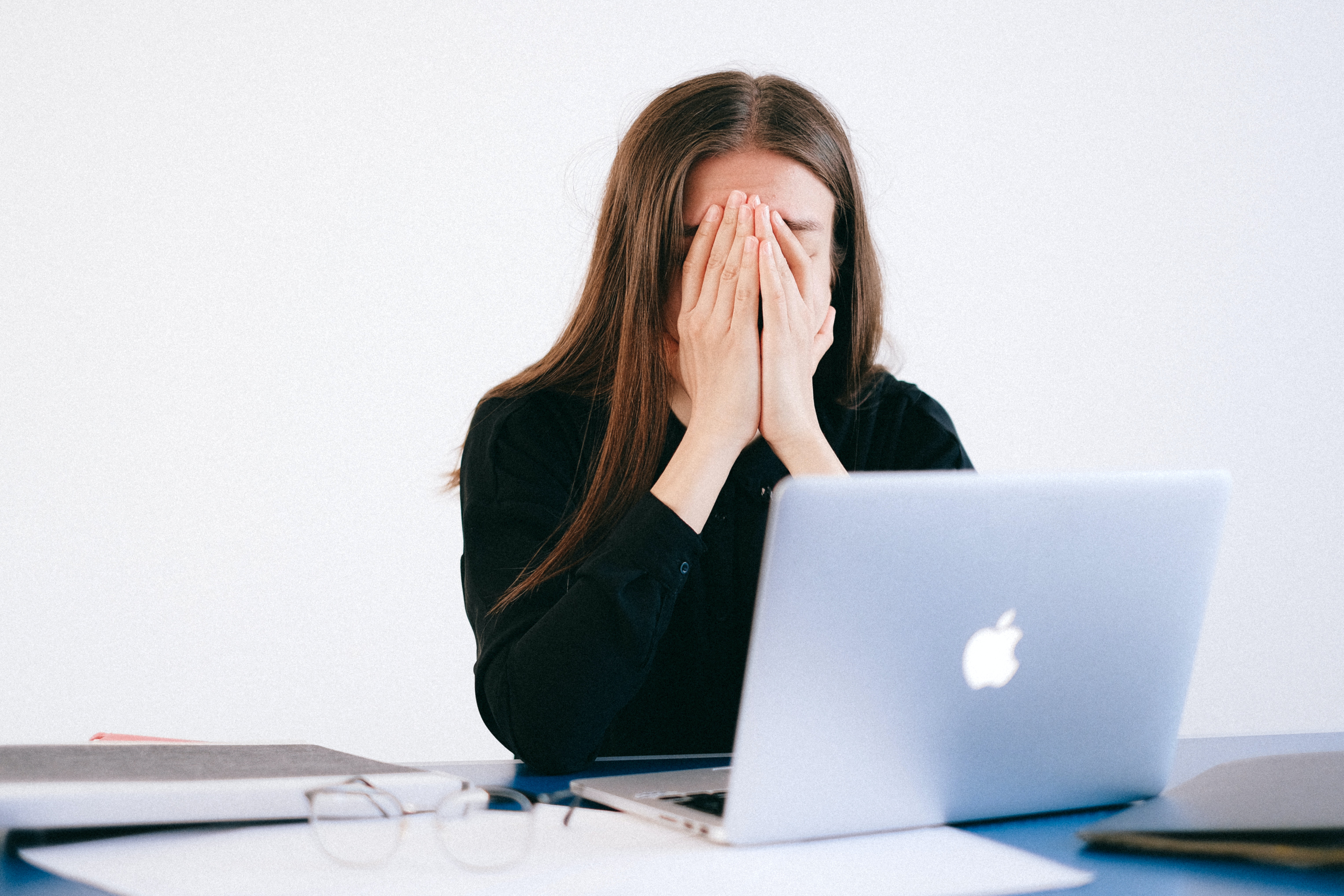Everyone experiences moments of panic or anxiety from time to time. Maybe you get really nervous right before giving a speech, or you think you hear a stranger at your door and become scared. These reactions are completely normal and expected, even if they’re unpleasant at the time.
An anxiety attack, however, is something entirely different and more severe in nature. It’s not about having a normal reaction to a stressful situation. Instead, anxiety attacks can feel completely out of control and even terrifying. And unlike run-of-the-mill stress, it isn’t always triggered by something you’d expect. Instead, an anxiety attack can appear suddenly and for no apparent reason.
If you’ve had anxiety attacks in the past or you’re concerned that you could have one in the future, there are steps you can take to minimize the effects. It helps to know what symptoms to watch for along with a few tips for what to do if you find yourself having an anxiety attack.
Anxiety Attack Symptoms
Anxiety attacks, which are also known as panic attacks, typically strike without warning. Sometimes, they can be brought on by other worries or fears that have been building up. In either case, they develop suddenly with rapidly intensifying symptoms, which may include:
- Surge of overwhelming panic
- Rapid heart rate
- Sweating
- Trembling
- Shortness of breath or hyperventilation
- Dizziness or lightheadedness
- Chills or hot flashes
- Nausea or stomach cramps
- Chest pain
- Numbness or tingling
- Feeling of danger or doom
- Fear of losing control or death
These symptoms typically escalate within minutes, and in the midst of an attack, the feelings can be completely overwhelming and frightening. Usually, they don’t last longer than a half hour. But because the symptoms are so intense, it’s not unusual to feel exhausted after an anxiety attack is over.
If you’re concerned about having anxiety attacks, remind yourself of these symptoms often. It may help you recognize the signs when you feel an attack occurring so you can better take steps to help manage your reaction.
Steps to Take During an Anxiety Attack
It helps to have a plan in place that you can try to follow during an anxiety attack. Because it can be difficult to think clearly while it’s happening, you can even write down your plan in a note on your phone or keep a piece of paper with the plan in your wallet. You can also ask loved ones to assist you with these steps if they see you experiencing a panic attack.
Here are some helpful steps to follow during an anxiety attack:
- Remember the symptoms. Try to recognize the symptoms as they occur so you can see that they are simply part of an anxiety attack rather than a reaction to actual threat or source of danger. You can also remind yourself that this experience is temporary and brief; your panic will pass before long.
- Breathe slowly. The hyperventilation that often occurs with anxiety attacks can make them even scarier in the moment. Close your eyes and focus on breathing in through your nose slowly and deeply. Hold your breath for two seconds then breathe out through your mouth slowly for three seconds.
- Practice mindfulness. During a panic attack, you may start to feel detached from reality. Try to observe your surroundings to remain more grounded. Think about each sense: what do you hear, see, smell, taste, and touch?
- Use relaxation techniques. If you use any methods to feel more relaxed, consider employing those during a panic attack. Options include yoga, taking a bath, visualizing a restful place, self-massage, aromatherapy, meditation, and listening to music.
It may not be easy to follow these steps in the moment if you’re feeling especially panicked. But even if you can only manage to do one of the steps above, it may help you to get through your anxiety attack.
Although you never know when a panic attack could happen, you can also consider asking some of your close loved ones to remember these tips. If you are with them or able to call them when an attack occurs, they could assist you in focusing on the steps to follow to get through it.
Ways to Avoid Anxiety Attacks
For people with anxiety, worrying about potential panic attacks can become an additional source of stress. There are a number of lifestyle changes you can implement to help reduce anxiety in general, such as getting enough sleep and exercising regularly, which may also help you avoid anxiety attacks. In addition, consider avoiding caffeine, alcohol, smoking, and recreational drugs, all of which can potentially worsen panic attacks.
If you experience an anxiety attack or have excess anxiety in general, seek treatment to get the help you need. You shouldn’t have to live with persistent anxiety or worries about when another anxiety attack might appear. Options for treatment include talk therapy and medication. Alternative therapies are also becoming more popular, especially Ketamine Infusion Therapy. This treatment has proven to be incredibly effective at helping to minimize anxiety symptoms by having a calming effect on the nervous system.
Use these tips to deal with any panic attacks which may occur and to get the help you need to manage your anxiety on a daily basis.


